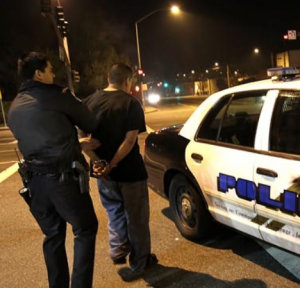When you or a loved one faces misdemeanor or felony criminal charges in Maine, the stakes are high. Whether it’s a minor misdemeanor, a serious felony, or a complex OUI (Operating Under the Influence) case, the outcome of your legal situation can have a profound impact on your future. This is why securing a skilled Maine criminal lawyer is essential. This comprehensive guide is designed to answer your most pressing questions about criminal defense in Maine, covering everything from how to afford legal representation to understanding the differences between various charges and how to find the best attorney for your needs.

Understanding the criminal justice system in Maine can be overwhelming, especially if you’re unfamiliar with legal procedures and terminology. Whether you’re searching for information on the cost of legal services, the state’s public defender system, or the best OUI lawyers in Maine, you’ll find it all here. This article also provides practical advice on how to afford a criminal defense attorney, what to look for when selecting a lawyer, and what to expect throughout the legal process.
By the end of this guide, you’ll have a clearer understanding of your rights, options, and the steps you should take to protect yourself or your loved ones when facing criminal charges in Maine.
 Southern Maine Criminal Lawyer Blog
Southern Maine Criminal Lawyer Blog
















